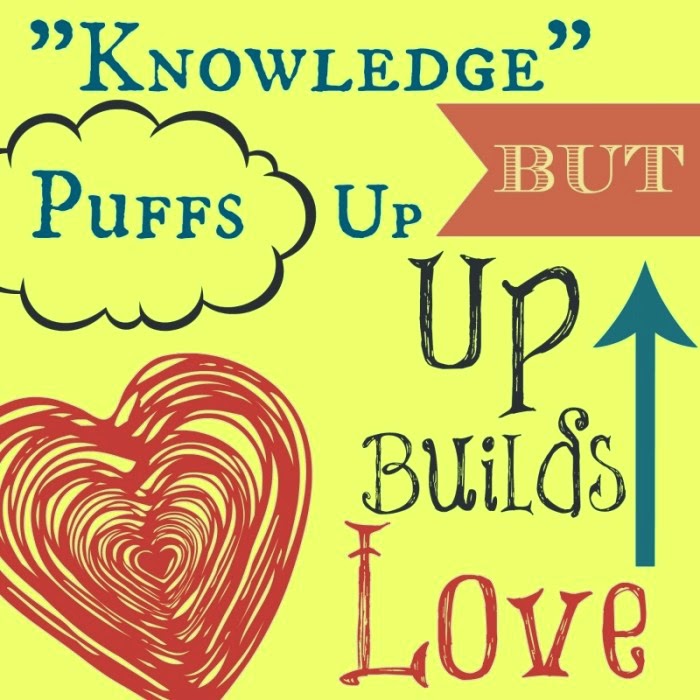 Sermon for the 4th Sunday after the Epiphany – Year B
Sermon for the 4th Sunday after the Epiphany – Year B
1 Corinthians 8:1-13
(listen to it here)
I have never in my life heard a sermon preached about this passage from 1st Corinthians. In fact, earlier this week I got an email from Brett, who expertly read this passage for us this morning, making sure it was the right reading and we joked that he should do an interpretive reading complete with crumbly, gluttonous foods as props. I am slightly disappointed we didn’t have that pleasure this morning. But, kidding aside, there is a reason this passage is still important today. The challenge of exploring this type of seemingly outdated piece of scripture is vital in our lives as Christians and so, we must, if you’ll forgive the pun, dig in.
The Corinthian Christians to whom this letter is addressed are a well-off group who converted from a number of pagan faiths under the spiritual leadership of Paul. They are highly educated and socially adept. Thus, their question about whether or not they can enjoy feasts comprised of the meat of animals burned in sacrifice to gods and idols they know to be false is, for them, a question to confirm their assumptions – not one they actually believed needed to be answered.
For the Corinthians, they were – in a way – kissing up to their teacher. Paul, we know the idols those other folks worship don’t exist, so it’s still okay to go to their dinner parties, right?!
The surprise for them comes when Paul writes back to explain how their actions affect others around them. And what’s more, Paul uses this as an illustration to explain the concept of Christian freedom. Paul explains to the people how the seemingly innocuous act of participating in a celebration featuring food from sacrifice is actually creating a stumbling block for those who do not understand on as deep a level as the members of the church.
Paul is telling the people that it isn’t enough to understand for themselves – they need to let their actions communicate their convictions, even when that goes against the grain of what society expects.
For these aristocrats of Corinthian society, abstaining from eating the food from sacrifice is tantamount to social suicide. They must avoid the most popular parties being thrown in the community. They asked Paul thinking he would commend them for their knowledge, when really he explored more deeply the concept of Christian Freedom. To paraphrase John Philpot Curran, “The condition upon which God ha[s] given freedom to [hu]man[s] is eternal vigilance.”[1]To be truly free, is to be a slave to Christ – making us responsible for all people. Christ commissioned his disciples to go into the nations and share the Good News – we cannot do that if we are keeping our knowledge to ourselves and allowing our actions to disparage that which our Savior taught us.
So how, then, does this apply to us today? What is the food of idol sacrifice in which we partake?
A documentary series was released out of Norway this month and it has caused a stir all over Europe. The series, Sweatshop: Dead Cheap Fashion, takes 3 young, Norwegian fashion bloggers and sends them to live and work with Cambodian sweatshop workers. The bloggers, all interviewed before leaving for their trip, admit they have know about sweat shops and are aware they exist but figure that earning a wage, even if it is low, must be better than earning no wage at all. They know it isn’t fair, but that is how the industry works so they haven’t really paid that much attention.
Over the course of the series the audience watches as the doe-eyed young adults go from looking like they are on a world travel adventure to being horrified by the atrocities committed against the people they are getting to know on their journey. “‘The truth is, that we are rich because they’re poor,” [One of the featured bloggers] said. “We are rich because it costs us 10 euros to buy a T-shirt [at] H&M. But somebody else has to starve for you to be able to buy it. Those who make the garments should also be able to afford them,’ he said.”[2]
The idols in Corinthian society were false gods and prophets while the idols in our own society are just as damaging: vanity, wealth, popularity – just to name a few.
It feels overwhelming to consider how to change the world and so oftentimes we decide instead, like the Corinthians, to look the other way or ask how to change, hoping our own knowledge of the problem will be enough. Change is uncomfortable and confusing – but you know what? Jesus never said it was supposed to be comfortable.
Last Sunday night a wonderful group gathered to hear more about our upcoming medical mission to Haiti. Folks raised money for this worthy cause to share healthcare with friends who would not otherwise have access. Today, after the service when we all go to the annual meeting, a team of women have prepared a delicious lunch for us to share to raise money for El Hogar – a school aimed at bringing education to some of the most at risk children in Honduras. Each day volunteers from Epiphany head to the Blackstone Library to help ensure children of low-income families in the south end of Boston have access to all of the resources they need to succeed in school and beyond. Right now, on the Episcopal Relief and Development website there a “giving Super Bowl” happening between Pats fans and Seahawks fans in a pseudo contest to see who can donate the most money to help others before kick off tonight. (I guess there is some big football game on tonight? — Team Patriots is still down by $2,000 – click here to donate now!)
The Corinthians felt like they couldn’t take on this problem and affect real change. They were afraid of what their neighbors would think if they did things differently and separated themselves from what was popular.
We should be afraid of exactly the opposite. What will our neighbors think if they see us enjoying the rich blessings of this life with no regard for those upon whose backs we’ve built our lives?
If true Christian freedom from the law means that we are, in fact, free to live the life we choose because of the sacrifice that Jesus made for us – then aren’t we then obligated, by the blessings we enjoy, to give all that we have to ensure others have that same freedom?
The fact that we are free is by the Grace of God who loved us enough to send Jesus to walk among us. We now, in the midst of that freedom, must ask what we will do with this gift of life we’ve been given. By some lottery we were born into these lives that we live where we have roofs over our heads and warm food to eat. We know to come to this safe place each week and to learn more about the God who creates, redeems, and sustains us.
The idols are still here, as they were in Corinth 2,000 years ago. By virtue of our status and citizenship in a country, which protects our rights to free speech, we have a unique voice that much of the world does not have. So as we consider what we will eat or what we will drink, or about our bodies, what we will wear – we need to remind ourselves of the freedom we enjoy. As Jesus asked in his sermon on the mount, “Is not life more than food, and the body more than clothing?” So we too must ask each morning when we wake up, “How will I use my freedom, today?”
***Update: as of 6:07PM Team Patriots is up $24,181 to $12,418 over the Seahawks – but the real winner is Episcopal Relief and Development who are going to do amazing things with this $39,774 (and counting!) that has been raised!
[1] http://www.monticello.org/site/jefferson/eternal-vigilance-price-liberty-quotation#footnote4_4pha5x2
[2] http://www.sustainablebrands.com/news_and_views/business_models/caitlin_kauffman/norwegian_reality_series_shows_fashionistas_dark_sid?utm_source=Twitter&utm_medium=schtweets&utm_campaign=social


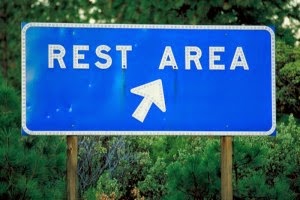 I was reading an
I was reading an 



 … Oftentimes, the most difficult thing we are called to do as Christians is to respond in love. When we are met with anger, we are asked to respond in love. Greif? Respond in love. Hatred? Respond in love. What if I just want to be human sometimes? What if I want to respond with anger, sadness, frustration, or indifference? What then?
… Oftentimes, the most difficult thing we are called to do as Christians is to respond in love. When we are met with anger, we are asked to respond in love. Greif? Respond in love. Hatred? Respond in love. What if I just want to be human sometimes? What if I want to respond with anger, sadness, frustration, or indifference? What then? my parish – that really applies to my Facebook family as well:
my parish – that really applies to my Facebook family as well: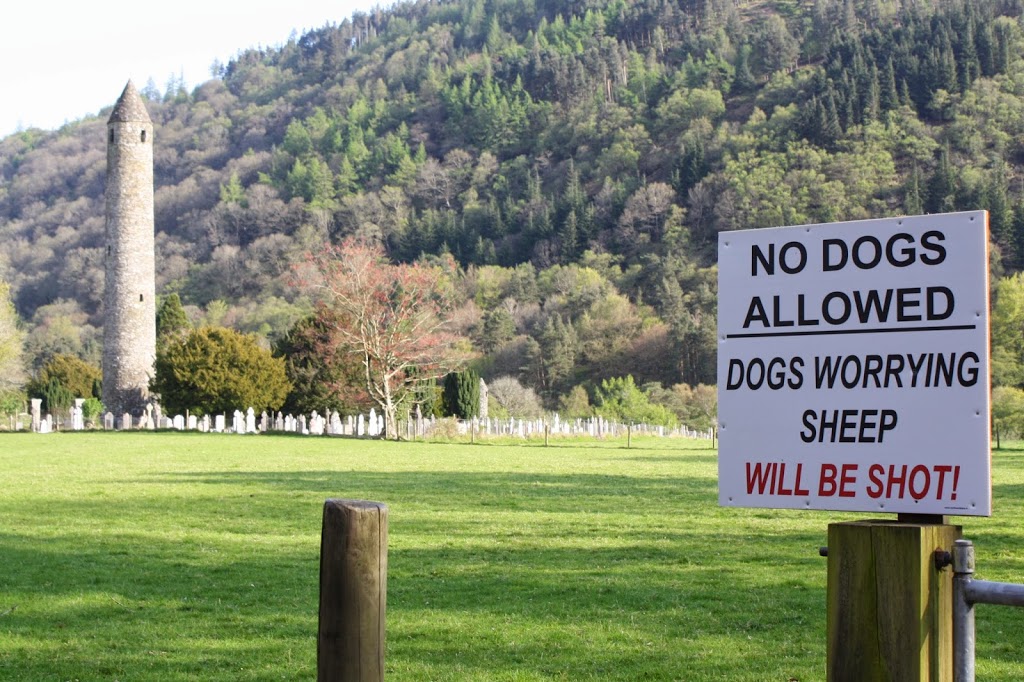


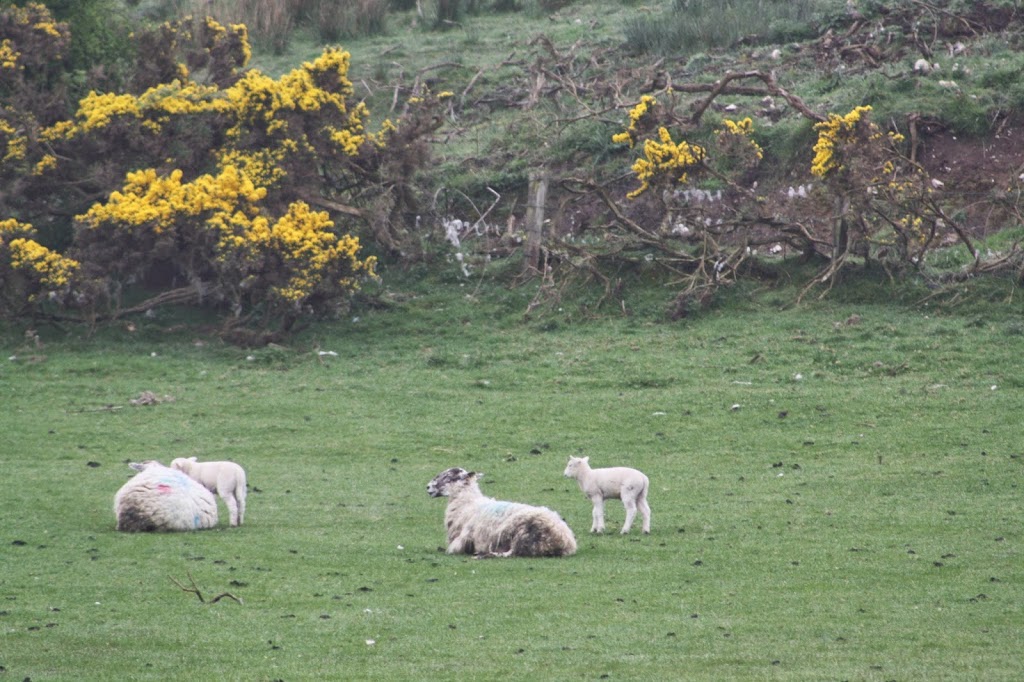
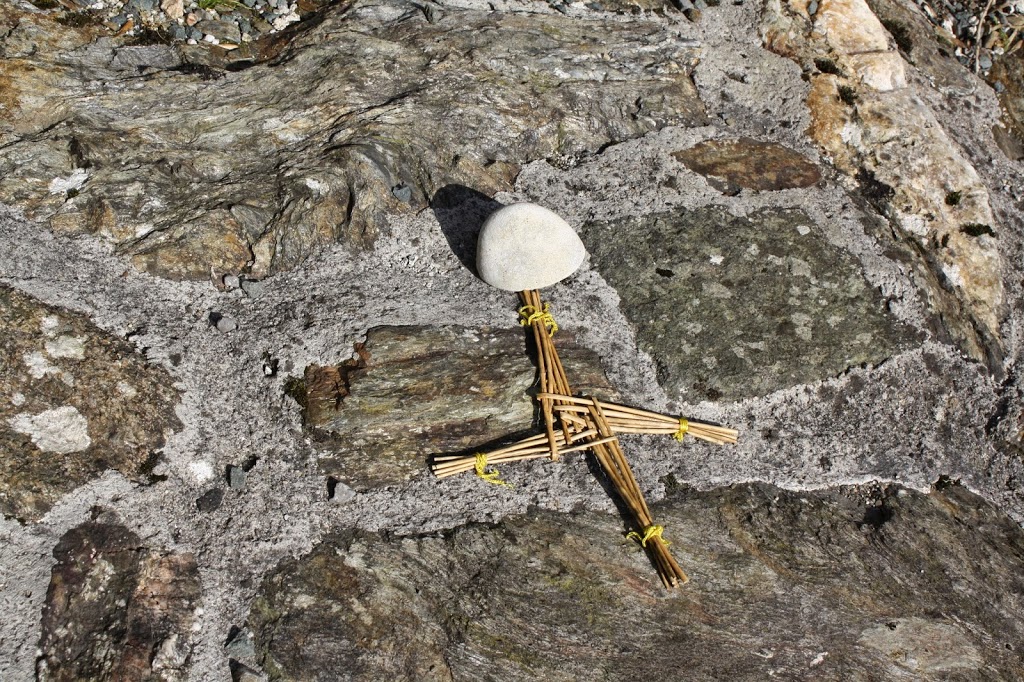
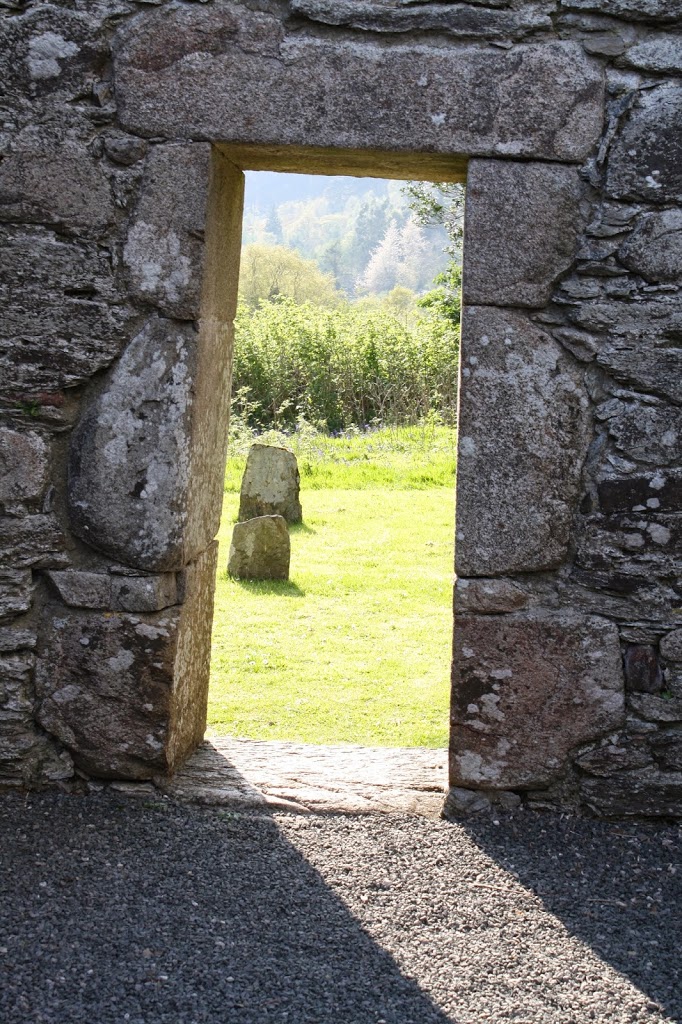
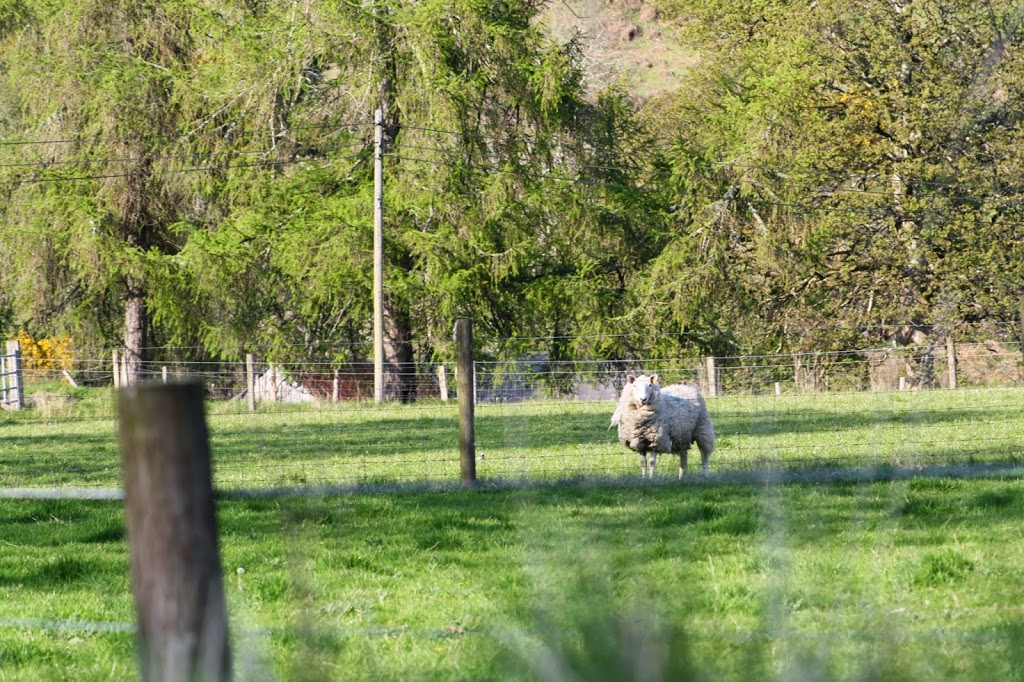
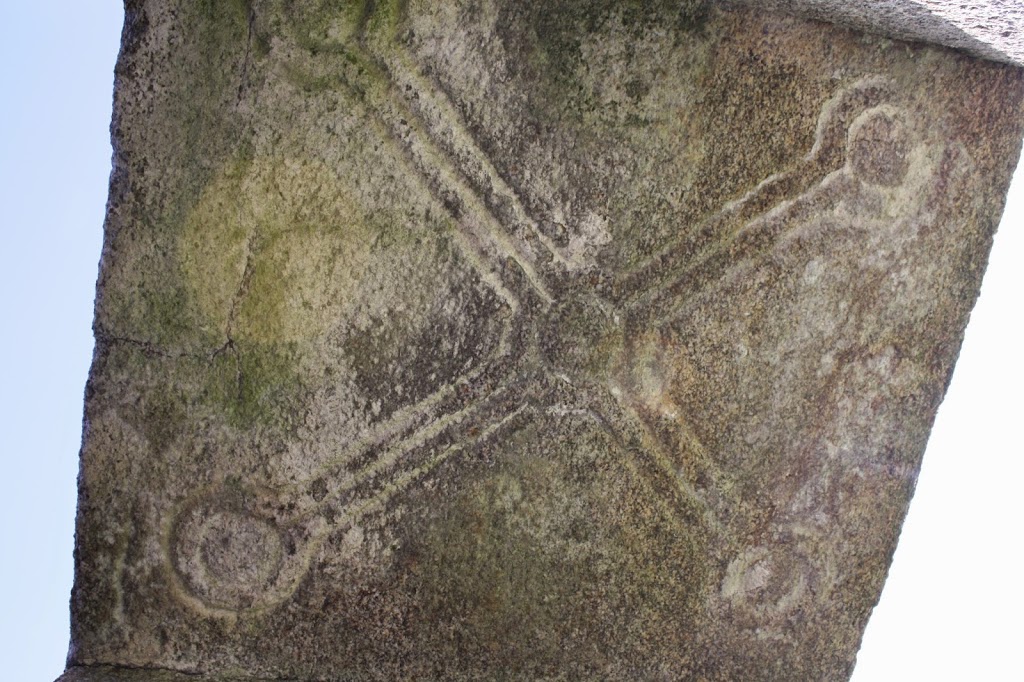

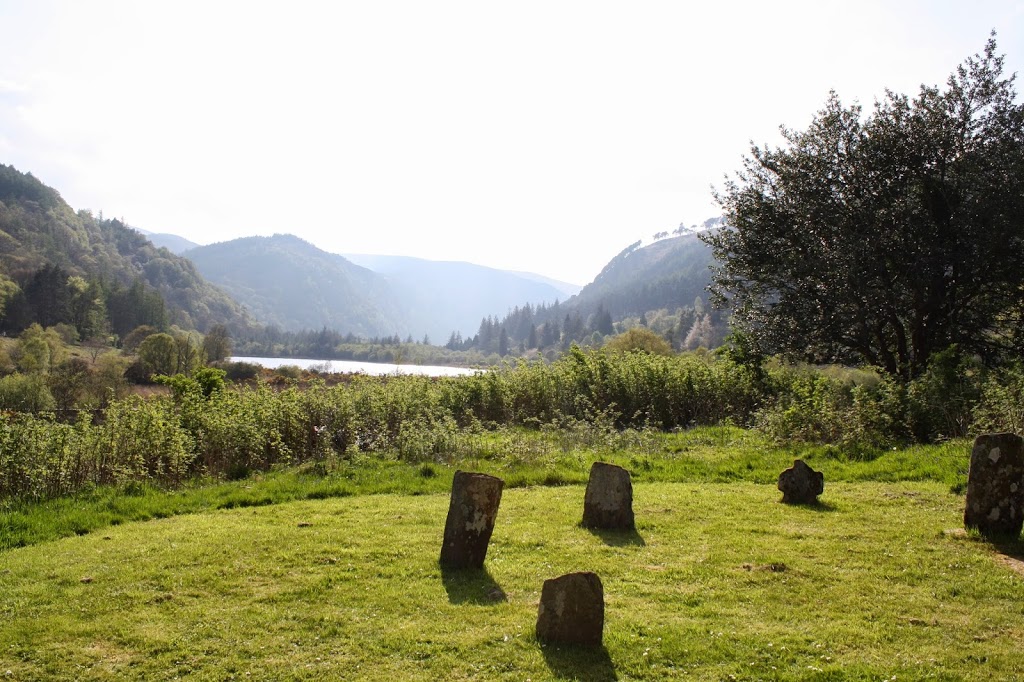
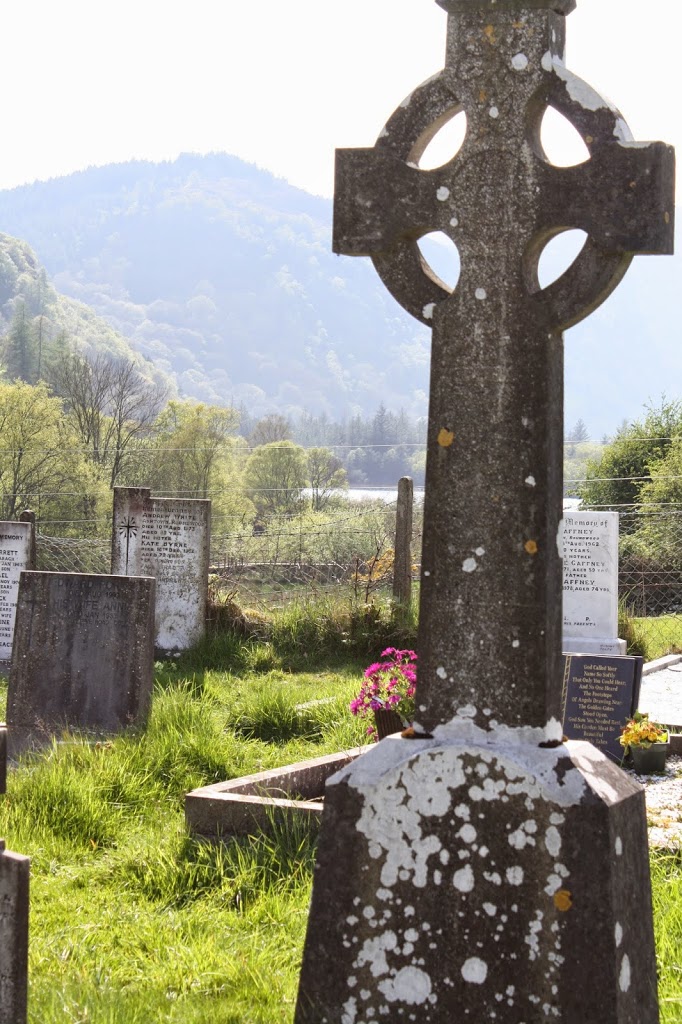
Recent Comments